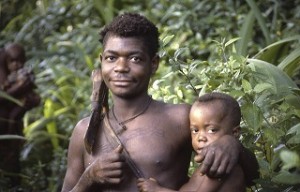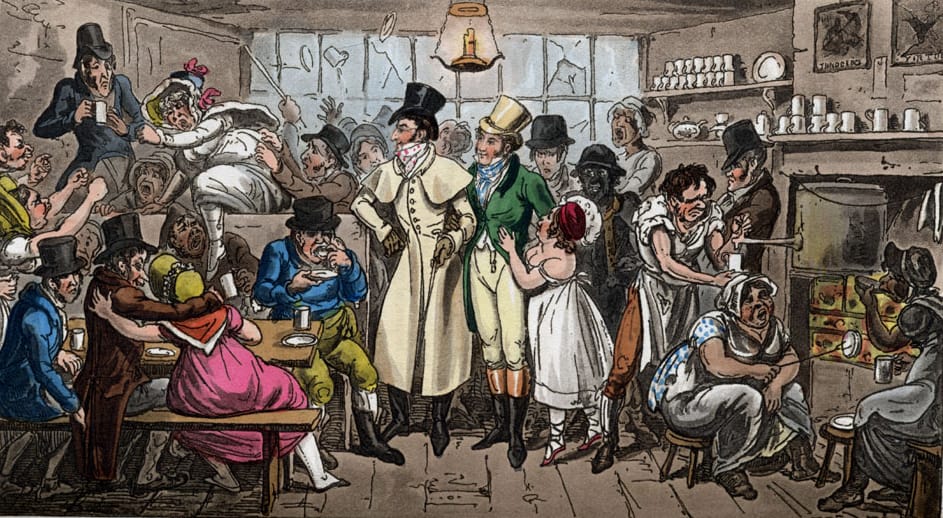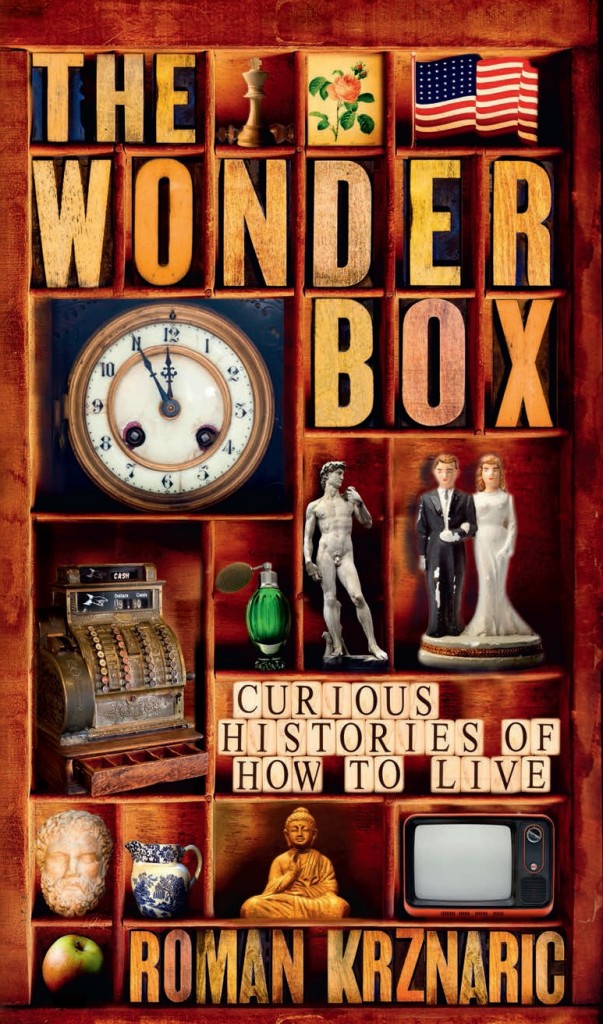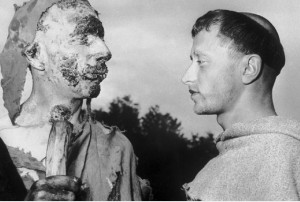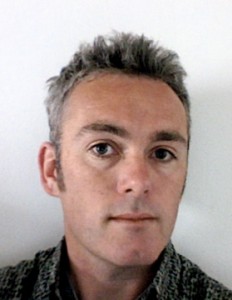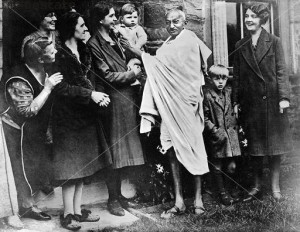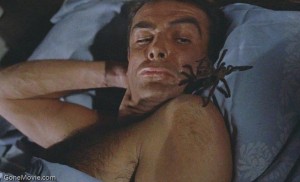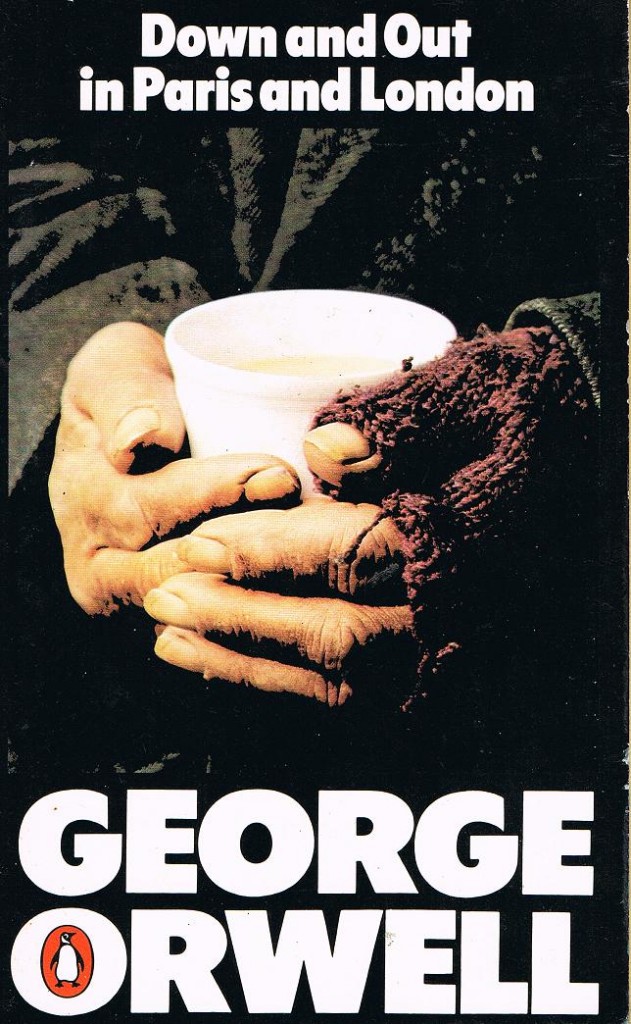 I was recently interviewed by The Browser – a fabulous site which compiles quality writing from around the web – about my five top books on the art of living. In the following extract I discuss George Orwell’s Down and Out in Paris and London, a book which has been a major inspiration for all my work on empathy.
I was recently interviewed by The Browser – a fabulous site which compiles quality writing from around the web – about my five top books on the art of living. In the following extract I discuss George Orwell’s Down and Out in Paris and London, a book which has been a major inspiration for all my work on empathy.
George Orwell’s Down and Out in Paris and London is your second choice. What does it teach us?
I think that Orwell was one of the great travel adventurers of the 20th century. The reason I think that is because in Down and Out in Paris and London he showed that empathy could become an extreme sport and the guideline for the art of living. It’s the second half of the book that I particularly like, in which he describes how he went tramping in east London. He would dress up as a tramp and go into the streets of London, fraternising with beggars and people living on the streets. He was trying to empathise with people who lived on the social margins. Continue reading
